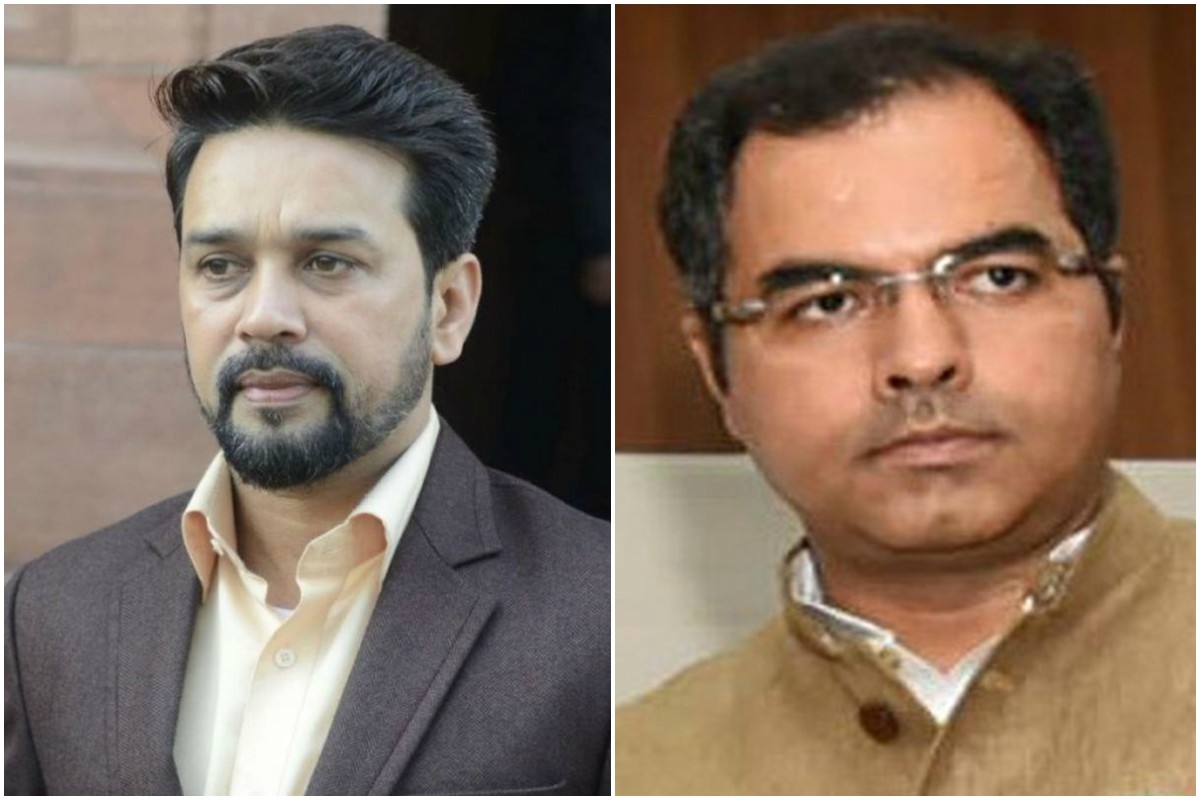The level to which political discourse has sunk in the Capital ought to shock even those who are used to politicians losing control on their tongues in the heat of a campaign. To suggest that the election to the Delhi Assembly was a match between India and Pakistan was bad enough; it earned for the candidate who termed it as such a mild reprimand from the Election Commission.
But to suggest, as a ruling party MP did, that those protesting against amended citizenship laws in New Delhi’s Shaheen Bagh would enter homes and rape mothers and sisters of voters if the BJP was not voted to power is shocking beyond description. A day earlier a junior Minister exhorted crowds to say that “anti-nationals” as decreed by him should be shot. This is as clear an incitement to violence as there can be, but the minister seems to have got away it. These statements go beyond vitriol; they are poison.
Advertisement
There are several provisions in law that deal with hate speech. Sections 153A, 295A, 298 and 505 of the Indian Penal Code cover promotion of enmity between groups on grounds of religion, deliberate acts intended to outrage religious feelings and causing public mischief and enmity.
Sections 123 (3) and 125 of the Representation of The People Act, 1951 hold promotion of enmity on grounds of religion, race, caste community or language in connection with an election as a corrupt electoral practise. The first injunction in the Model Code of Conduct put out for these elections is that “No party or candidate shall indulge in any activity which may aggravate existing differences or create mutual hatred or cause tension between different castes and communities, religious or linguistic.”
It adds: “There shall be no appeal to caste or communal feelings for securing votes.” The Law Commission in its 267th Report went so far as to suggest that the “Model Code of Conduct given by the Election Commission of India for the guidance of political parties and candidates be amended to the extent that effect is given to sub section (3A) of section 123 of the RPA, 1951.
The…Code should expressly provide a provision that prohibits any kind of speech that promotes, or attempts to promote, feelings of enmity or hatred between different classes of the citizens of India on grounds of religion, race, caste, community, or language, by a candidate or his agent or any other person with the consent of a candidate or his election agent for the furtherance of the prospects of the election of that candidate or for prejudicially affecting the election of any candidate.”
Notwithstanding this, matters seem to get worse with each election. Perhaps it is time for outof- the-box thinking. Instead of barring a candidate from campaigning for a day or two, as the EC does now, sobriety might be forced on the political discourse if the law were amended to provide that a party whose candidate or campaign indulges in objectional speech would be liable to surrender one per cent of its electoral bonds to the EC. Something drastic clearly needs to be done.











